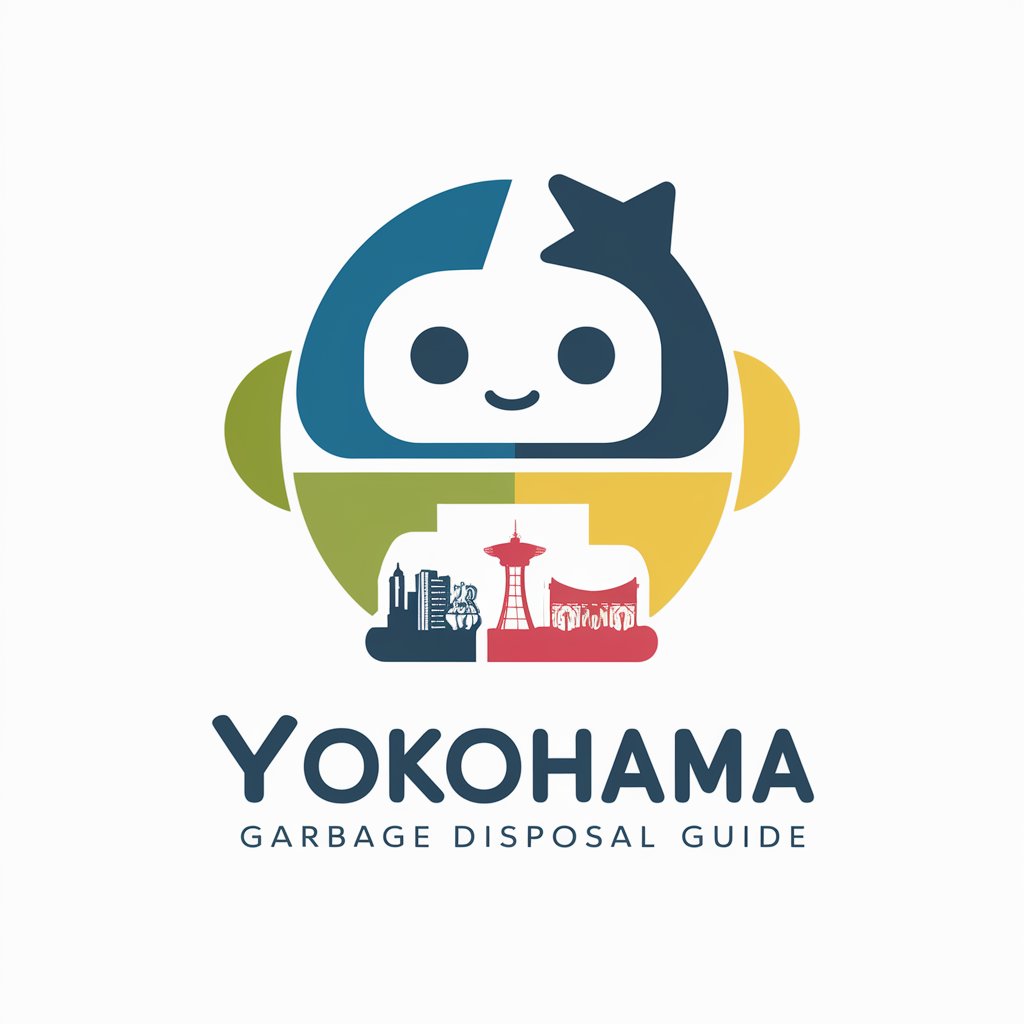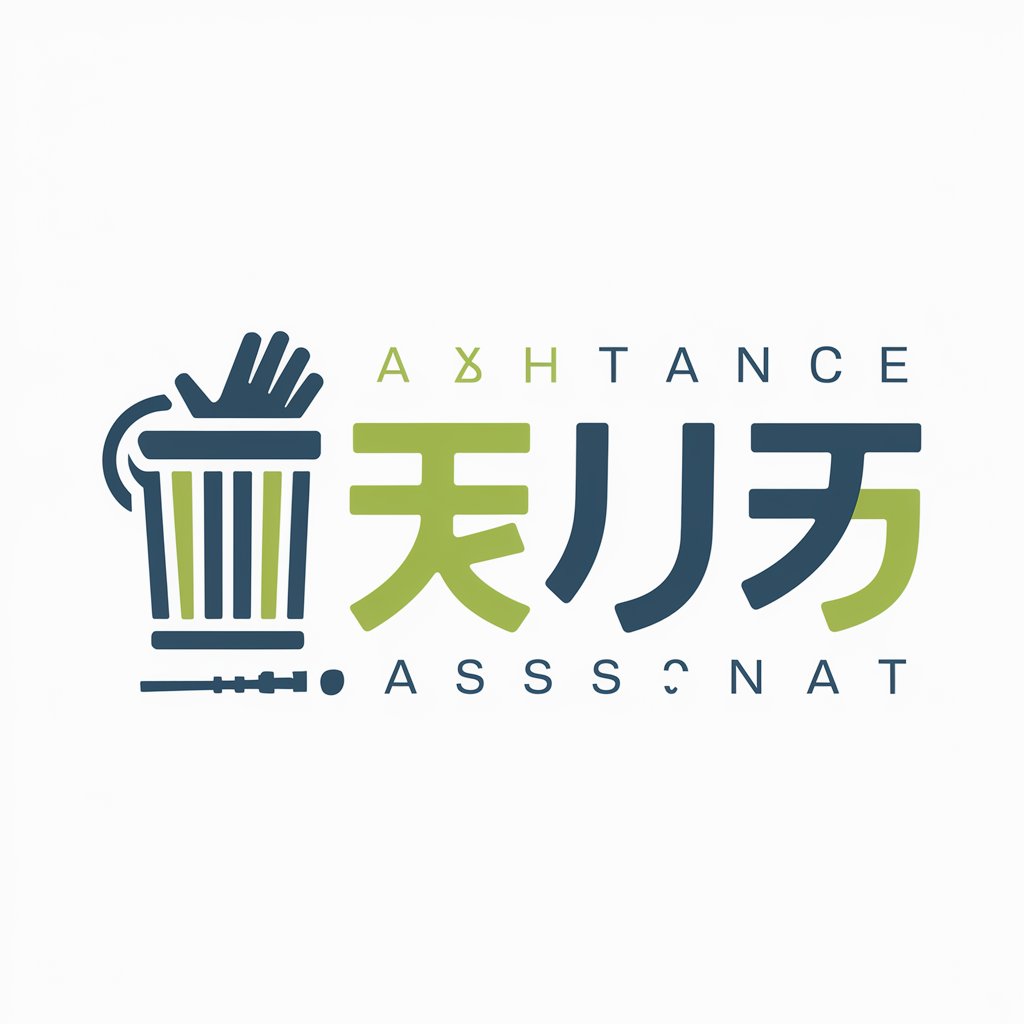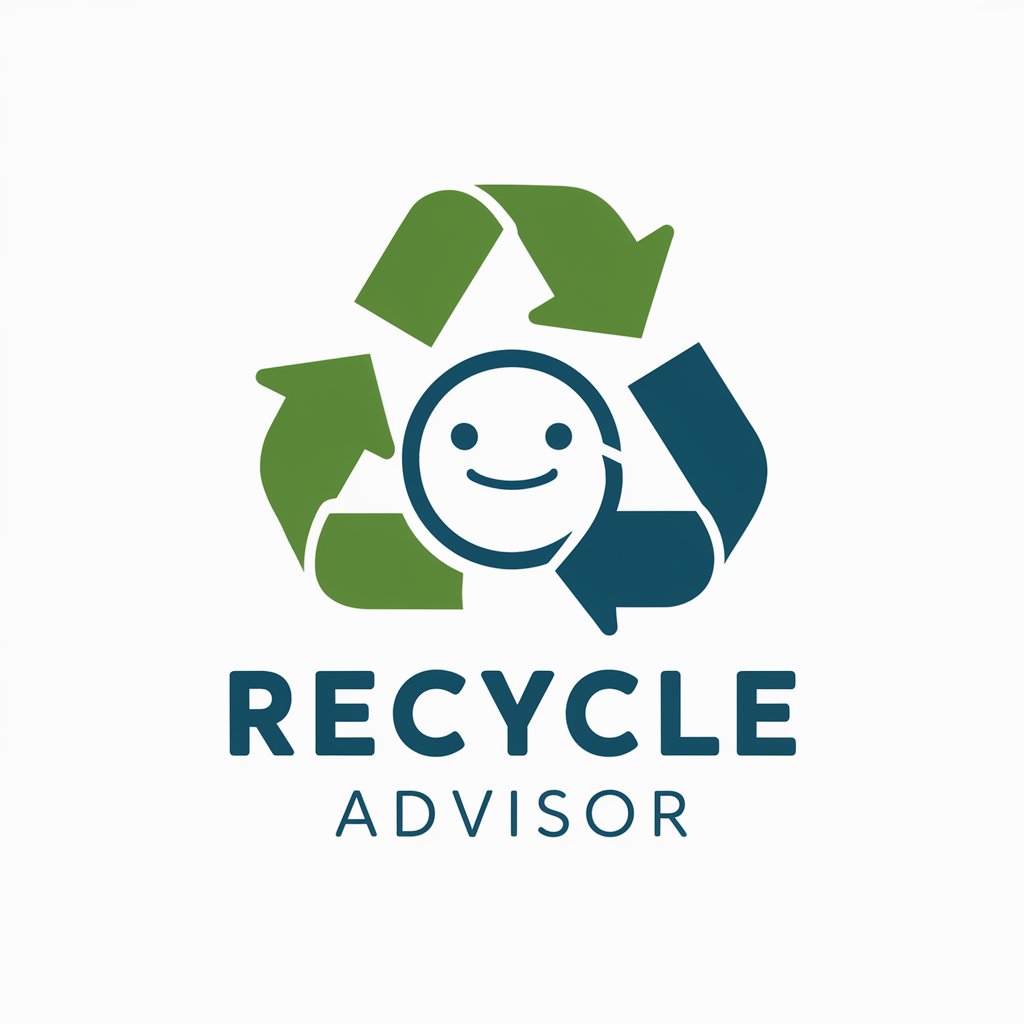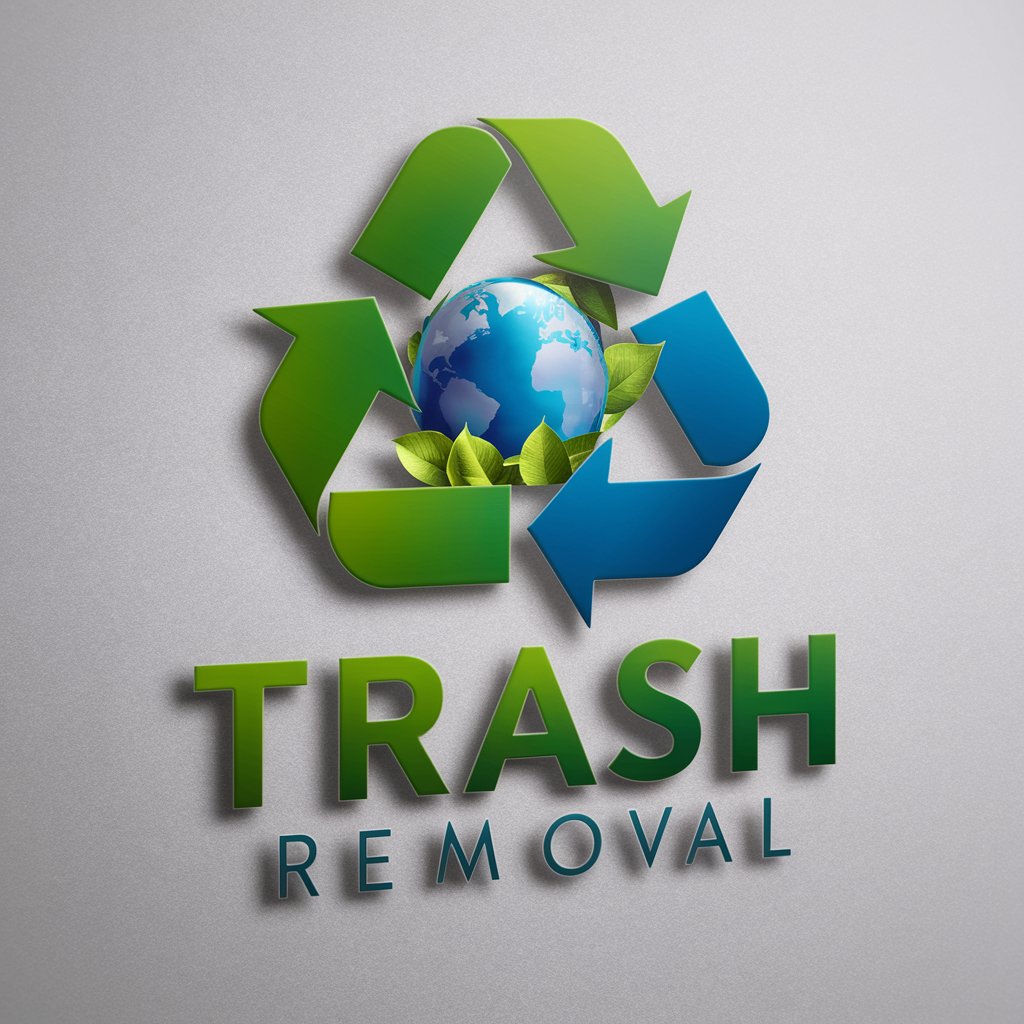
Kerbside Collection Guide - Recycling Guidance Tool
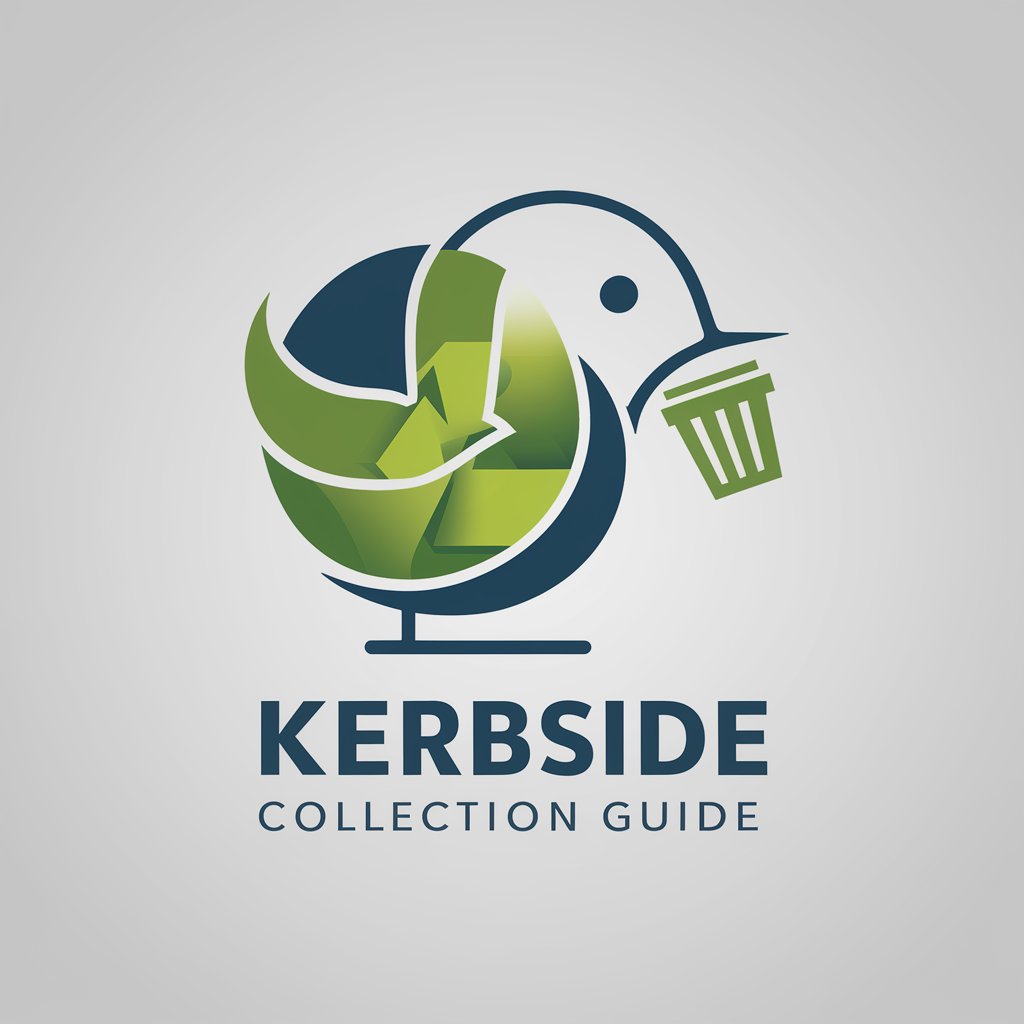
Hello! Need help with recycling? I'm here to guide you.
AI-powered Recycling Simplified
What materials are recyclable in New Zealand's kerbside collection?
Can I recycle this plastic container?
What is the best way to dispose of glass bottles?
How should I prepare cardboard for recycling?
Get Embed Code
Introduction to Kerbside Collection Guide
The Kerbside Collection Guide is designed to assist users in identifying recyclable items based on New Zealand's comprehensive recycling guidelines. It serves as a specialized tool for differentiating between various materials such as glass, paper, cardboard, and specific plastics, determining their recyclability according to the latest standards. The guide emphasizes the importance of clean and correctly sorted recyclables to support a circular economy, providing users with detailed information on proper disposal methods for both recyclable and non-recyclable items. For example, it helps users understand that while glass bottles and jars can be recycled, ceramics or window glass cannot, underscoring the necessity of contamination-free recycling streams. Powered by ChatGPT-4o。

Main Functions of Kerbside Collection Guide
Material Identification
Example
Determining the recyclability of plastic items by identifying resin identification codes.
Scenario
A user wants to recycle a yogurt container but is unsure if it's recyclable. The guide informs that plastic containers marked with resin identification codes 1, 2, and 5 are recyclable, facilitating correct disposal.
Disposal Method Guidance
Example
Providing disposal recommendations for non-recyclable materials.
Scenario
A user has an old paint container and wants to dispose of it responsibly. The guide advises on specialized disposal methods, like taking it to a designated hazardous waste facility, rather than placing it in the kerbside collection bin.
Contamination Prevention
Example
Educating users on the importance of cleaning recyclables.
Scenario
A household is confused about why their recycling bin contents sometimes end up in landfills. The guide explains the role of contamination in recyclable rejection and emphasizes the need for cleaning containers to ensure they are recycled properly.
Ideal Users of Kerbside Collection Guide Services
Households
Families or individuals seeking to improve their recycling habits would benefit from using the guide to understand the specifics of recyclable and non-recyclable materials, thereby reducing their environmental footprint and supporting sustainable waste management practices.
Educational Institutions
Schools and universities can use the guide as an educational tool to teach students about recycling processes, the importance of waste separation, and the impact of contamination on recycling efforts.
Businesses
Companies, especially those in the food service or retail sectors, can utilize the guide to manage their waste more effectively, aligning with corporate sustainability goals and regulations regarding waste disposal.

How to Use Kerbside Collection Guide
1
Access a no-cost trial instantly at yeschat.ai, without the need for signing up or subscribing to ChatGPT Plus.
2
Identify the type of item you're unsure about recycling. This could range from household plastics to electronic waste.
3
Use the search or command feature to describe the item to Kerbside Collection Guide, providing as much detail as possible.
4
Review the guidance provided, which will include whether the item is recyclable, the correct way to dispose of it, and any preparation required.
5
For optimal use, regularly update yourself with the latest recycling guidelines as they can vary by location and over time.
Try other advanced and practical GPTs
Kpop Story ai
Your AI-powered K-pop Companion

ストーリーをイラスト君
Bringing stories to life with AI-powered illustrations.

Writer Hivemind by MetaMinds.App
Empower Your Writing with AI Diversity

Global Tech Navigator
Empowering Your Google Experience with AI

Intellectus Sage
Empowering intellectual discovery with AI

Nikita Bier
Empowering Entrepreneurs with AI-driven Insights

DadGokePT
Crafting Humor with AI Precision
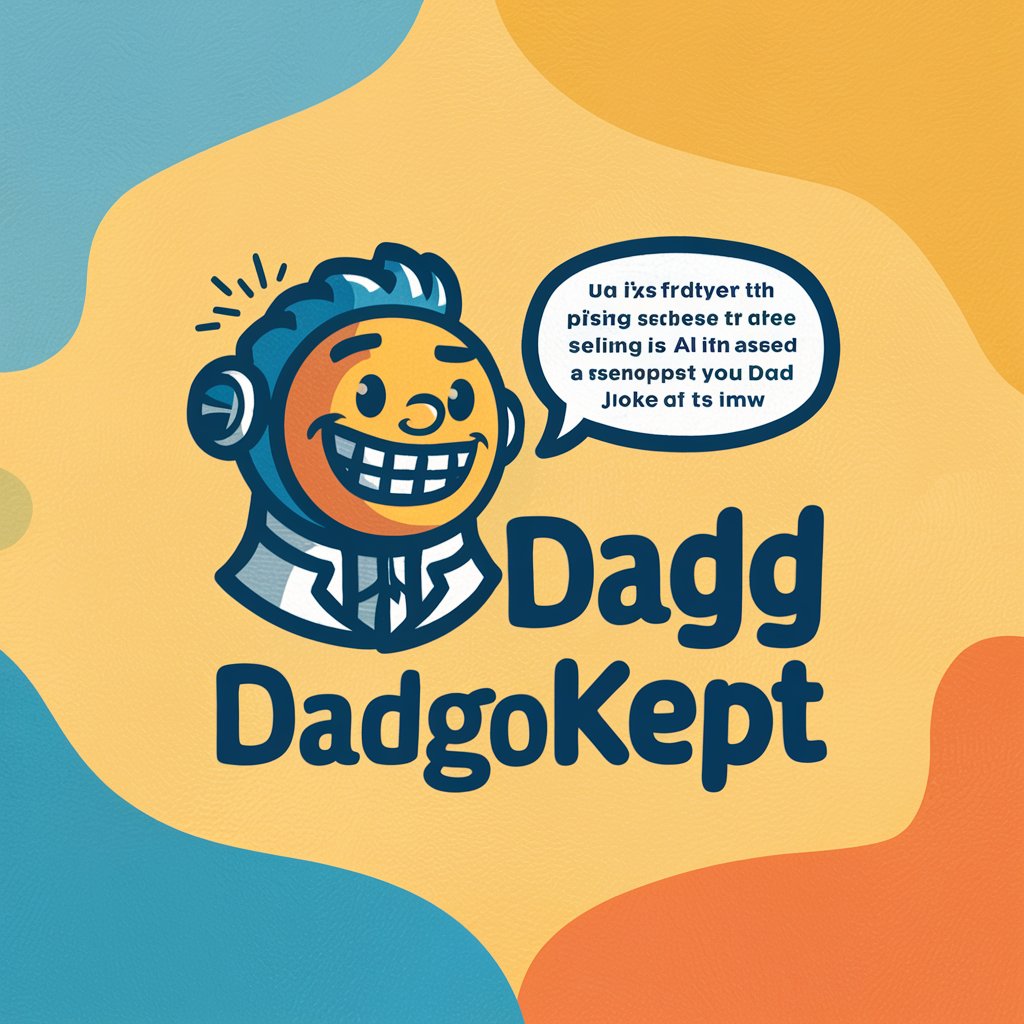
Pattern recognition in the nucleation kinetics
Deciphering Nucleation with AI
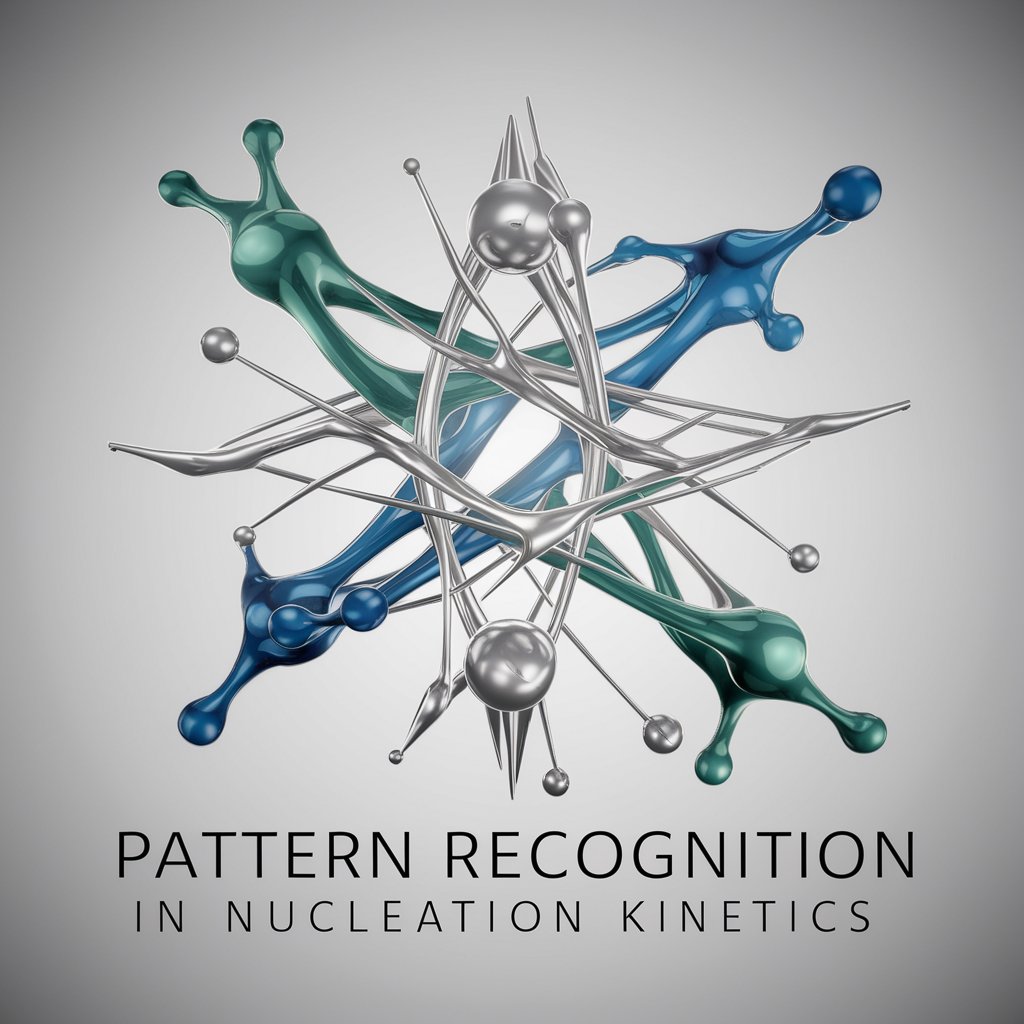
Video Title Generator
Crafting Your Story's Headline with AI

Wing Whiz
Identify birds with AI-powered precision.

How To
Empowering Decisions with AI

Horoscope GPT
Unlock Your Cosmic Potential with AI

Detailed Q&A on Kerbside Collection Guide
What items can Kerbside Collection Guide help me recycle?
Kerbside Collection Guide can help identify recyclability of a wide range of items, including plastics, glass, paper, electronics, and more, according to the latest guidelines.
How accurate is the recycling information provided?
The guide bases its information on up-to-date recycling standards and practices, ensuring high accuracy. However, always check local regulations as they can vary.
Can Kerbside Collection Guide advise on disposing of hazardous waste?
Yes, it can offer guidance on the proper disposal methods for hazardous materials, emphasizing safety and environmental protection.
Does the guide support recycling queries for commercial waste?
While primarily focused on household waste, Kerbside Collection Guide can provide valuable insights into commercial waste recycling, especially for common items like paper and cardboard.
How can I stay updated with changes in recycling guidelines?
Regularly consult the Kerbside Collection Guide as it updates its database to reflect changes in recycling standards and practices.

